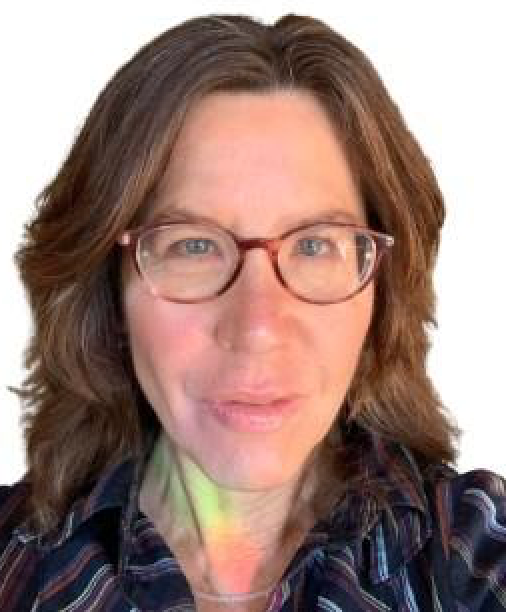Toward a Complex Systems Framework for Creativity and Cultural Evolution
A scientific theory of cultural evolution will enable us to unite all cultural contributions into a single unified framework, and help us better understand and predict innovative change.
Dr. Gabora will discuss the Self-Other Reorganization (SOR) Theory of cultural evolution, and new work using autocatalytic networks and insights from cognitive science to organize patent data into cultural lineages.
The honing theory of creativity posits that the mind is a second level of self-organized, self-mending, self-reproducing, ‘autocatalytic’ structure, and like the body, it is the hub of an evolutionary process; it is to cultural evolution what the body is to biological evolution. Innovation is the generative component of this second evolutionary process, ensuring that continuity is balanced with creativity.
Dr. Gabora will present an agent-based model of two cognitive transitions en route to the capacity for strategic creativity and cultural evolution, and show how creative restructuring is modeled using a quantum cognition framework, and how cognitive networks relax during incubation, and reform anew in a context-sensitive manner, enabling new ideas to emerge.
The unique configuration of one’s cognitive network is exploited as the individual develops their personal creative style, and externalizing one’s intermediate (half-baked) thoughts (e.g., as sketches or prototypes) can catalyze the next step of a reiterated honing process. The approach paves the way for a new understanding of convergent and divergent thought, and suggests that ideas are invented with respect to consensus reality, which reflects the totality of human knowledge to this point, but discovered with respect to a more encompassing reality, which additionally reflects knowledge we have not (yet) attained. Dr. Gabora will present evidence for honing theory from empirical studies with musicians, artists, creative writers, dancers, and comedians.
About the speaker

Dr. Liane Gabora is an external core member of WICI and the Canadian Network for Complex Systems. Her research focuses on how culture evolves, how the creative process works, and the role of creativity and innovation in cultural evolution, using computational models in addition to experimental human studies.
Her complex systems based approach to creative cultural evolution uses autocatalytic networks and reflexive autocatalytic foodset-generated sets (RAFs) to model how ideas evolve over time as different people adapt them to their own needs, tastes, and perspectives, treating insight as self-organized criticality. She also works in the computational creativity domain, contributing to computational art and music generation programs.
Dr. Gabora has almost 200 scholarly publications in peer reviewed journals, books, and conference proceedings, has obtained over one million dollars in research grants, and was the 2011 winner of the Berlyne Award for Outstanding Research by a junior scholar from the American Psychological Association. She has given invited lectures at universities and other institutions worldwide including Schloss Dagstuhl in Wadern, Germany, Woodrow Wilson International Center for Scholars in Washington, DC, Department of Psychology, McGill University, Montreal, University College London, University of Surrey in Guildford, UK, University of Arizona in Tucson, Institute of Cognitive Science, University of Louisiana, Lafayette, World Expo 2010, Shanghai, China, University of California at Long Beach, University of California at San Bernardino, Yale University, Harvard University Divinity School, Max Planck Institute for Research on Collective Goods in Bonn, Germany, University of Utrecht in The Netherlands, Universite Rene Descartes in Paris, University of California, Berkeley, as well as keynote speeches at numerous events including the First Creative Industry Forum, Mexico City and workshops at Emily Carr University in Vancouver, and the University of Leiden, The Netherlands. She is also a published fiction writer and composes music for piano.